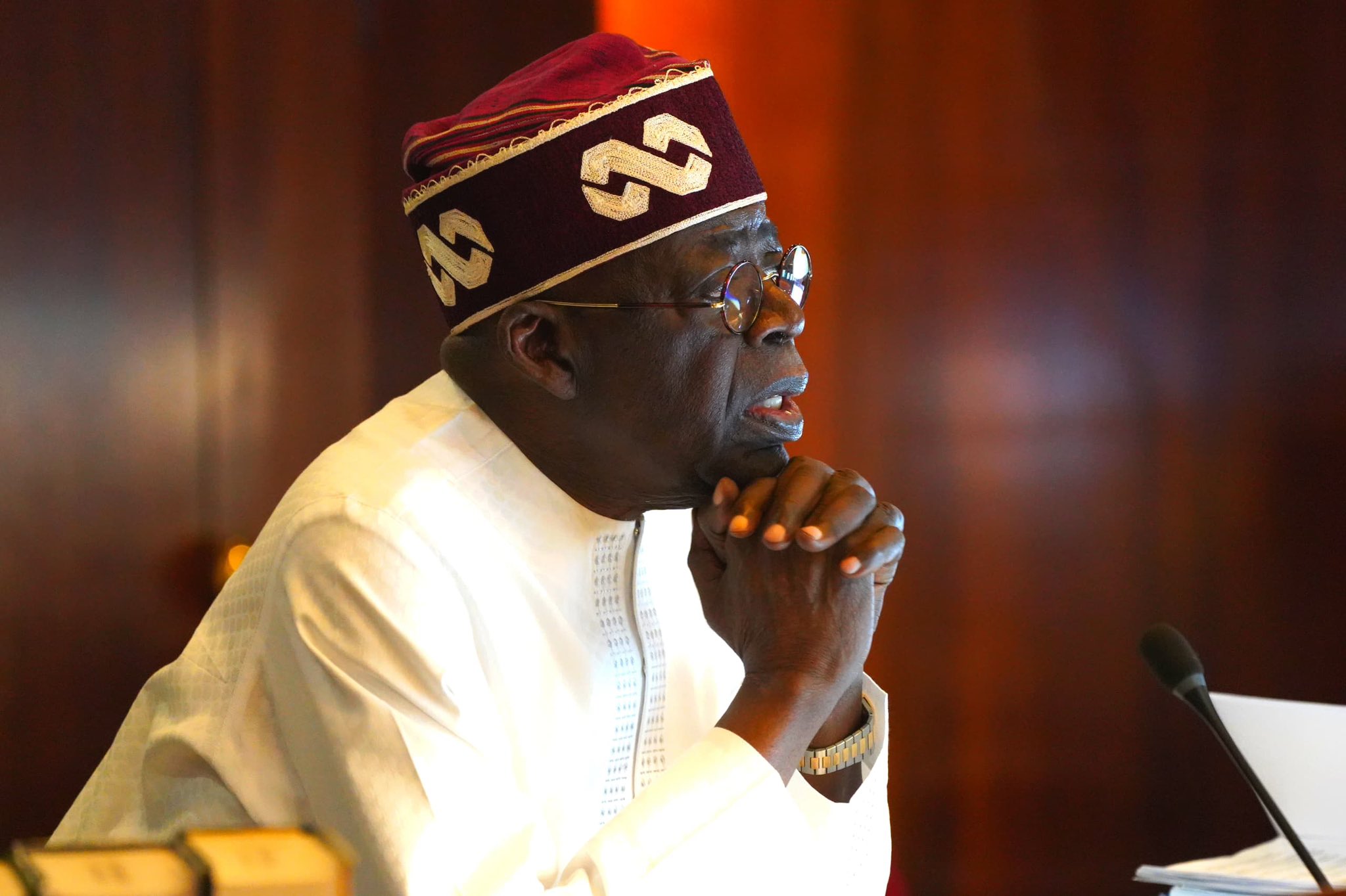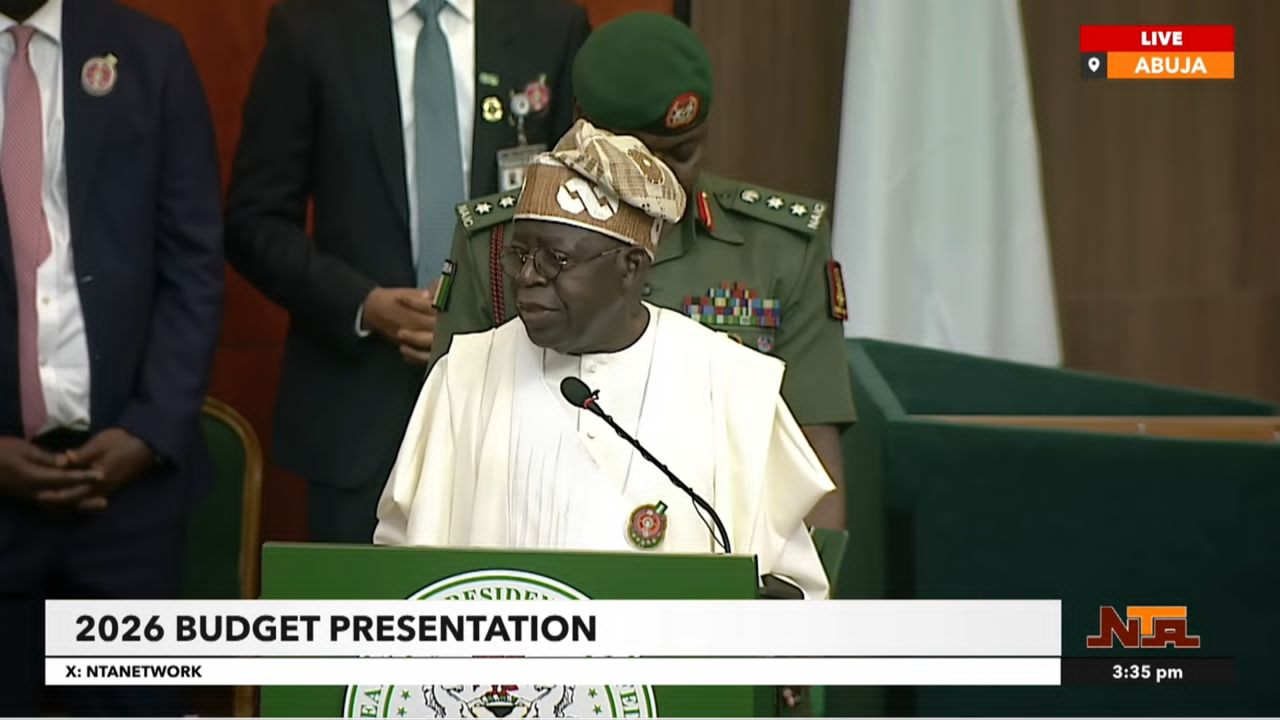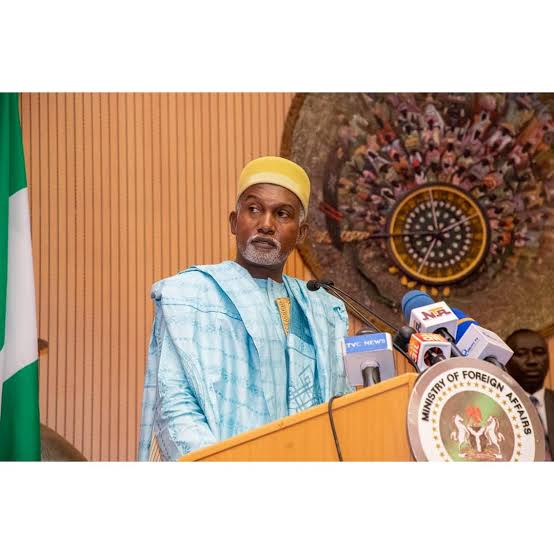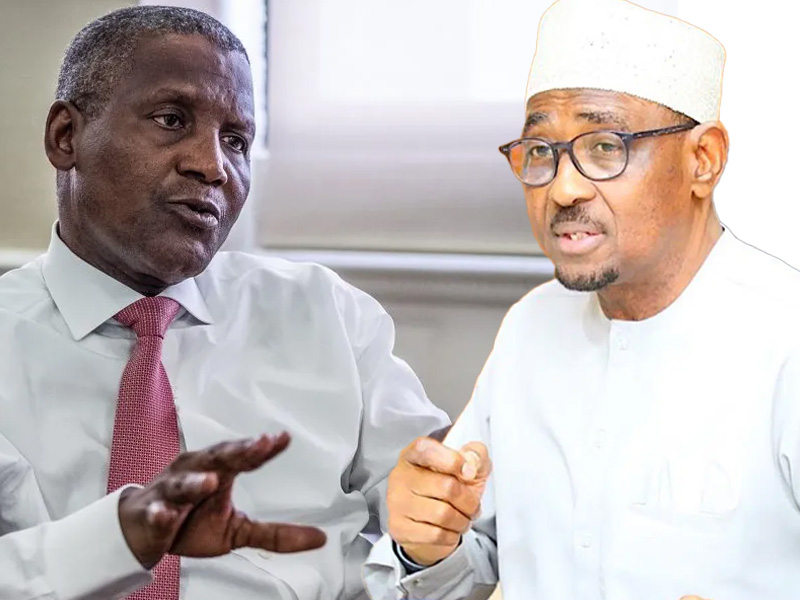State Sovereignty In The Digital Age
KIM GYANG

Digital transparency, according to computer experts, refers to the openness, accessibility, and clarity of digital systems, data, and processes, particularly within government and organizations. It demands making information available to the public, allowing for scrutiny of operations, and fostering trust and accountability through the use of digital technologies.
Therefore protecting state sovereignty in this era of digital transparency requires an approach that balances the benefits of digital technologies with the need to protect national interests and promote inclusive development. Analysts say that a nation can ensure its sovereignty by fostering digital resilience through a combination of technological independence, robust cybersecurity, and strategic partnerships.
It also involves proactive measures to manage dependencies, and foster a competitive environment for local technology companies to develop and offer digital solutions, reducing dependence on foreign tech giants while ensuring accountability for online platforms.
The dominance of the United States on the internet is a complex issue. No doubt that the U.S. internet giants like Amazon, Apple, META (Facebook, Instagram, What’s app), and Google have remade the world in their own image. But the U.S. software industry was developed through the exchange of ideas and contributions from programmers.
Still, the global internet is managed by U.S.-based organizations, dominated by their business users and by U.S. tech companies. The implication of this is that the security of U.S. becomes the arrowhead for the behavior of all other states and international organizations. The U.S. is reportedly working towards the dominance of its IT corporations in the domestic markets of other countries.
It implies that other countries may have to abandon their own independent support for their cyber capabilities, since the ‘’supreme defender’’ has already taken care of everything. The European Union, EU, however is determined to pursue its own interest despite the dominance of US tech giants in the tech trade.
The Union in 2016 was taken by surprise when the US President Donald Trump was elected and began challenging long-held assumptions about globalization and free trade. Consequently this time around the EU has prepared itself for more contentious global economic order, developing an economic- security tool box called Anti- Coercion instrument to deter other countries from ‘’coercing’’ the European continent to influence its policy using economic leverage.
To defend the EU commercial interests, its Anti- Coercion instrument that came into force in late 2023 allows the European Union to impose a wide range of retaliatory measures bordering on higher import duties. `
This instrument could be used to restrict US tech giants access to the lucrative European market. It could restrict US banks’ access to the EU’s massive public procurement market, which is reportedly estimated to be worth over 2 trillion dollars per year. The EU went into open confrontation with American tech giants, Apple and Meta, particularly Google and Microsoft when it applied the Anti- Coercion Act in April this year on them.
It fined Apple and Meta 500 million euros respectively for non- compliance with the Digital Markets Act (DMA), a new EU law focused on regulating large tech companies, and gave both companies 60 days to bring their practices in line with EU rules. That grace period ended June 26 this year, after which they risk periodic penalty payments.
Apple was fined for preventing developers to inform users about alternative, potentially cheaper, ways to purchase apps or subscriptions outside of the app store, thus violating the DMA ‘’anti- steering rules’’. Meta received its fine for its ‘’consent or pay’’ model, which the European Commission found problematic because it was not providing users with sufficient choice in how their data was used, requiring them to pay for a service, or consent to data collection.
The European Union in 2013 fined Microsoft 561 million euros for multiple antitrust violations, primarily related to tying its products together and failing to comply with commitments. It reportedly failed to offer a browser choice screen in windows updates, violating a commitment it made in 2009. Also Microsoft faced scrutiny and potential fines for bundling its Teams product with Office suites, a practice that the EU believes stifles competition from other communication platforms.
And the Court of Justice of the European Union (CJEU) recently upheld a $2.7billion USD antitrust fine against Google for abusing its dominant position in the search engine market by systematically favoring its own price comparison shopping service, Google Shopping, in search results.
In Germany, Google was fined 145000 euros by the Hamburg Data Protection Authority for illegally collecting personal data through its Street View cars, pointedly from unsecured Wi- fi networks during the period of 2008- 2010.This data included emails, passwords, and photos. In France, Google was fined 100,000 euros in 2011 for the same data collection practices and with attempts to digitize its library collections.
The incident was part of a broader issue with Street View data collection across multiple countries, including Greece and the US. In each of these cases the Europeans tried to put a barrier to the immense digital presence of the United States on their territories.
This calls on Nigeria and other countries to move from being predominantly a digital consumer to a significant producer of digital technologies and services in order to ensure the economic growth and security of their states.
*Kim Gyang writes from Keffi, Nasarawa state.













